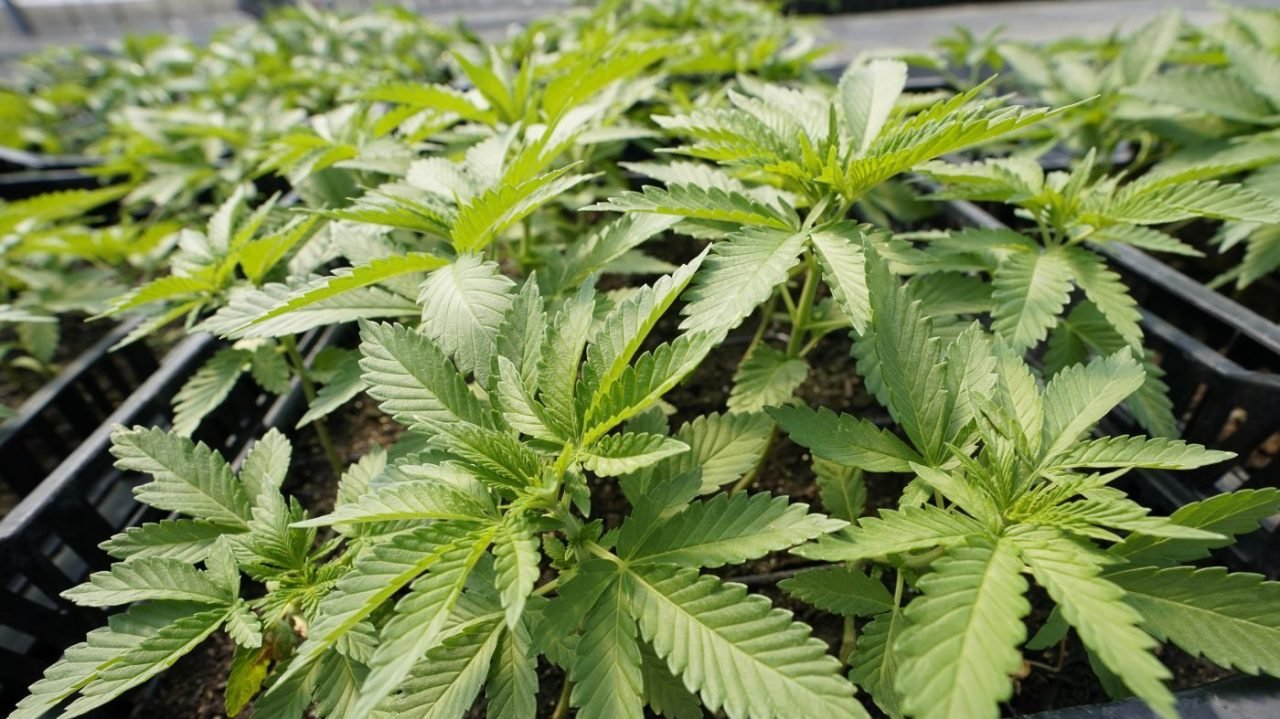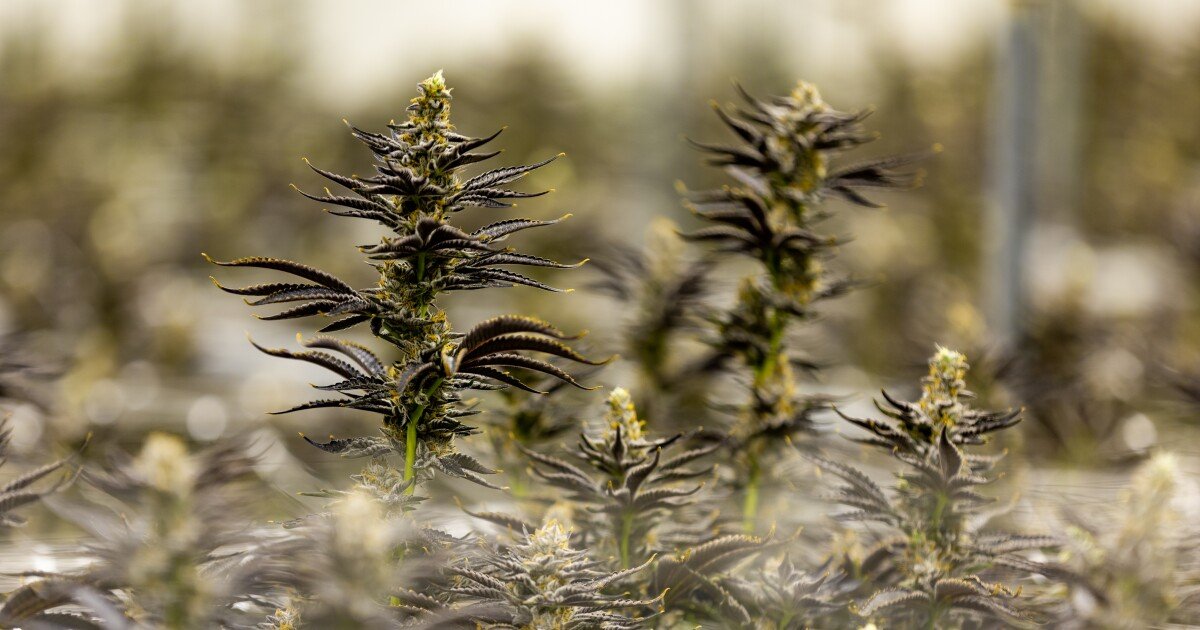The Illinois Senate has approved a bill that clarifies law enforcement cannot search vehicles solely based on the smell of cannabis. This decision follows a ruling by the Illinois Supreme Court, which addressed the issue in two different cases last year.
In the case of People v. Redmond, the court determined that the smell of burnt cannabis does not provide enough evidence for a warrantless vehicle search. Conversely, in People v. Molina, the court allowed searches based on the scent of raw cannabis, given that state law mandates odorless packaging for marijuana products. This inconsistency highlighted the need for clearer guidelines for law enforcement.
Senator Rachel Ventura (D-Joliet) pointed out that the recent Supreme Court ruling introduced confusion regarding the differences between raw and burnt cannabis. She emphasized that the new legislation aims to alleviate this confusion by instructing law enforcement to consider multiple factors beyond just odor when assessing potential legal violations.
Senate Bill 0042 also eliminates the requirement for odorless packaging while maintaining the rules for secure, sealed, or re-sealable child-resistant containers. Under this bill, law enforcement would be prohibited from stopping or searching vehicles simply due to the presence of cannabis odor, provided that passengers are 21 years old or older.
Advocates for cannabis reform view this legislation as a significant advancement in updating Illinois’ cannabis laws. Peter Contos from Cannabis Equality Illinois stated that removing the odor-proof container requirement will give drivers confidence that they won’t be stopped solely for possessing a legal substance. He also noted that the bill would ease the challenges faced by law enforcement in distinguishing between raw and burnt cannabis.
With the Senate’s approval, the bill will now proceed to the House for further consideration. Recreational marijuana has been legal in Illinois since 2020, and this legislative change is seen as a step forward in refining the state’s cannabis regulations.




